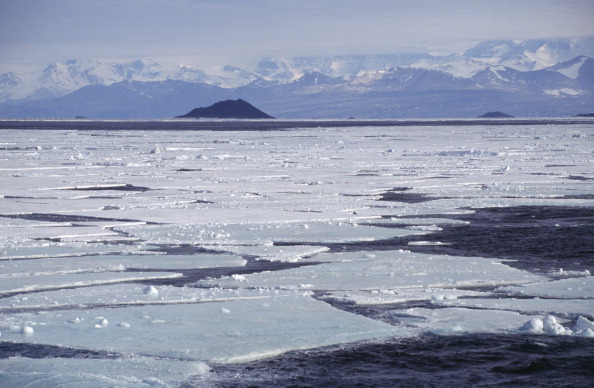Saltwater discovered in Antarctica supports possibility of life on Mars


A free daily email with the biggest news stories of the day – and the best features from TheWeek.com
You are now subscribed
Your newsletter sign-up was successful
Scientists have discovered a saltwater network 1,000 feet below an ice-free region in Antarctica, and its implications are literally out of this world.
If life-supporting aquifers can exist in Antarctica, there's a good possibility that they could exist on Mars, too. Antarctica is the region of Earth most similar to Mars, and the McMurdo Dry Valleys, where the saltwater was found, are some of Earth's coldest, driest environments, The Verge explains.
The study, published in the journal Nature Communications, explains that the find is significant because the saltwater was found at a temperature that could support microbial life. The researchers used an electromagnetic sensor to find Antarctica's saltwater brines, and they found that beneath frozen surfaces, Antarctica has a system of interconnected, unfrozen aquifers. They believe the saltwater aquifers could be the byproducts of ancient ocean deposits or an evaporated lake.
The Week
Escape your echo chamber. Get the facts behind the news, plus analysis from multiple perspectives.

Sign up for The Week's Free Newsletters
From our morning news briefing to a weekly Good News Newsletter, get the best of The Week delivered directly to your inbox.
From our morning news briefing to a weekly Good News Newsletter, get the best of The Week delivered directly to your inbox.
While researchers believe Mars' surface is too cold to for anything to live there, it's possible that its subsurface could sustain life, especially if Antarctica's subsurface could do so. The team plans to study larger areas of Antarctica to see if other regions could also be home to saltwater networks.
A free daily email with the biggest news stories of the day – and the best features from TheWeek.com
Meghan DeMaria is a staff writer at TheWeek.com. She has previously worked for USA Today and Marie Claire.
